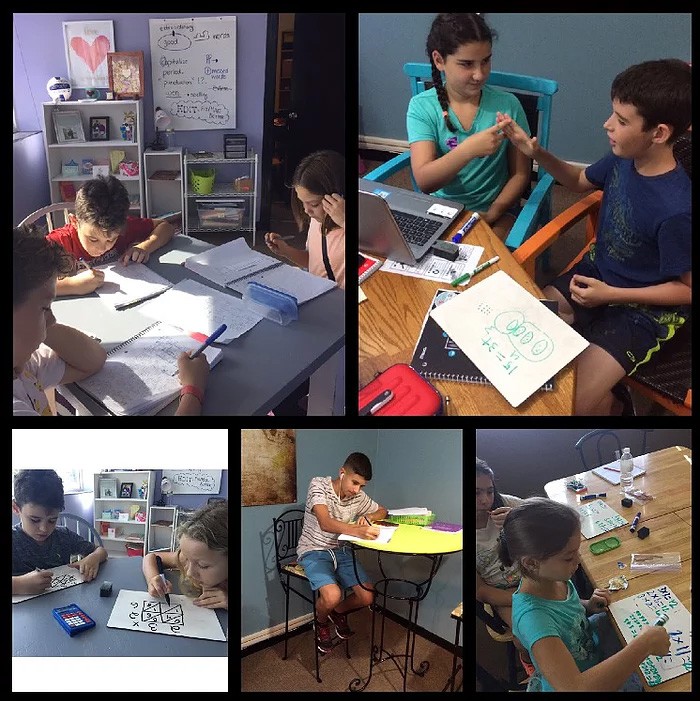I have stayed at “work” until after 5:00pm more than 50% of the 15 days that we’ve had so far this year-by choice. I “worked” through the summer. I “work” evenings. I “work” weekends.
Here is why I am not complaining.
I have intentionally used quotation marks because I truthfully don’t know if “work” is the accurate description based on what is traditionally perceived.
“Work” in the traditional sense seems painful. Something that is to be avoided. Something that takes up too much time.
But for me, the “work” that we’re doing at Indi-ED is entirely different.
Here are a few examples of how.
Does it take more “work” to differentiate lessons based on where our students are at? Absolutely. We have to pay attention every day, to every student, in every subject and social aspect, determine how to move them forward, and create the appropriate lessons. Not just follow a script and a schedule.
BUT when we are able to give them what they need academically at their own pace, they are able to feel success vs. pressure which allows them to not only challenge themselves, but positively push each other too.
“This is how I do it but do what works for you.” …(some practice, then)…”I’m going to give you a harder one because COME ON, after that last one, I know you can do it.” ~A.R.
“Yeah I can help you with that.” ~R.H.
“Now I understand it!” ~J.M.
Does it take more “work” to design a curriculum that intentionally builds them up as quality humans vs. just students? Absolutely. We have to access resources that are traditionally geared towards adults and make them relevant for kids. Not just use resources that someone else who doesn’t even know our students deem appropriate.

BUT when we are able to teach them things like how to begin their day with gratitude, how to be a quality leader, how to introduce yourself professionally, and how to acknowledge and show appreciation when people take time out to help us, we’re teaching them healthy LIFE habits.

Does it take more “work” to search for, reach out to, communicate with, and schedule professionals to come in and share their expertise with our students so that it connects to their learning? Absolutely.

BUT when the kids see the real life connection and tap in to how it applies to something that they’re interested in, it fuels an intense fire to keep learning! The learning is authentic, relevant, and motivating.
“I want to buy her book!” ~K.C.
Does it take more “work” to communicate with parents and meet the needs of their individual children? Absolutely.
BUT when I can actually pay intentional attention to each of my students I can let their parents know about the little things, which remember from last week’s post, really are the big things. Like how they made me smile. Or about how they expressed that they’re actually enjoying a subject that they typically didn’t. Or about an assignment that they may need help on. Or even how they were looking a little more lethargic than normal.
Does it take more “work” to teach this way? Absolutely.
But is it more meaningful? You bet it is!
So while we’re reimagining the idea of how “school” should work, we may as well redefine the idea of work while we’re at it.
We believe that if you are “working” on something, you should simply be MAKING MEANINGFUL INVESTMENTS OF TIME.
That shouldn’t be painful or avoided if your goal is simply striving to improve.
Our work equates to making meaningful investments that will provide value to a young person’s life and that by all definition, is worth it.


